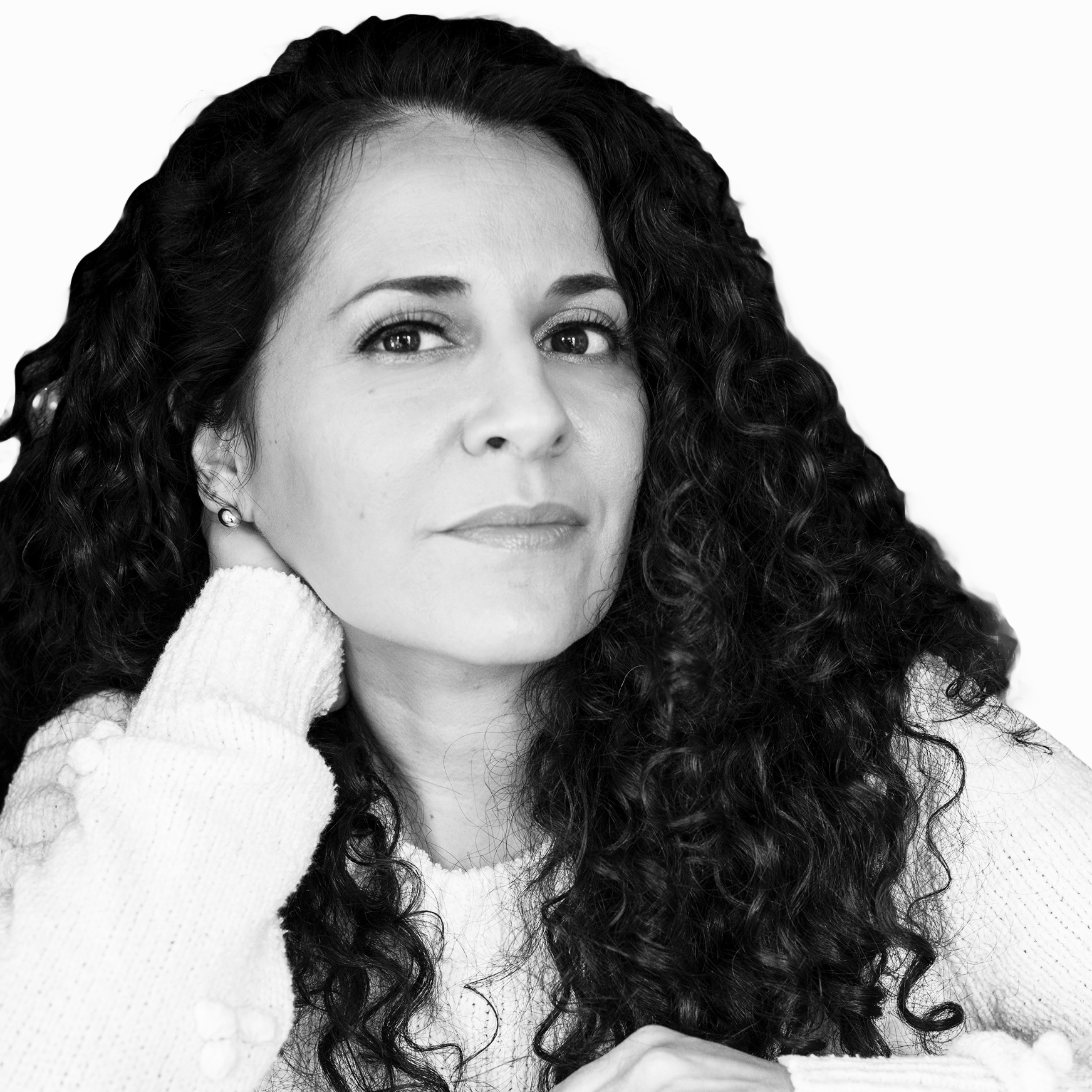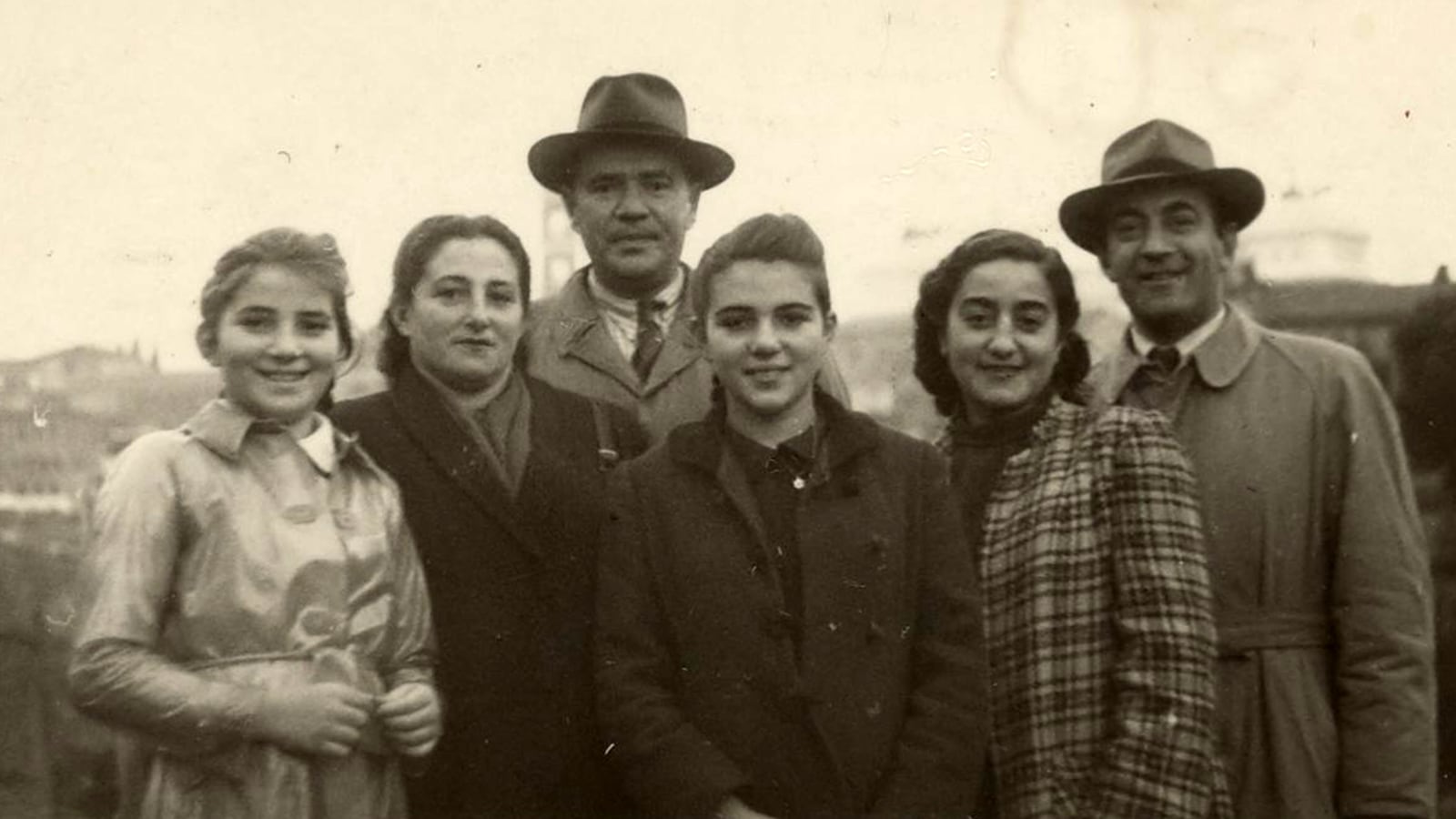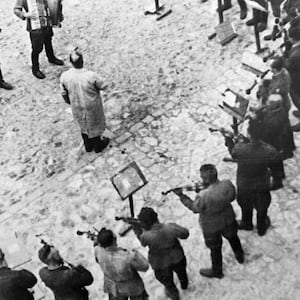In this excerpt from Rebecca Frankel’s INTO THE FOREST: A Holocaust Story of Survival, Triumph, and Love, Miriam Rabinowitz, in an overwhelming display of courage, surrounded by Nazis with their guns drawn, saves the life of a young boy named Philip Lazowski.
In the early hours of April 30, 1942, members of the Einsatzgruppen—the SS mobile killing squads—surrounded the ghetto in the forest-adjacent town of Zhetel, Poland. Along with local collaborating forces, the Nazis hauled the Jewish residents out of their homes and forced them into the open space next to the old cemetery on the edge of town, known to all the town’s Jewish residents as the Marketplace. The Nazis were conducting a selection.
Thousands of Jews were corralled out of the ghetto beyond the fences toward the Marketplace. The throngs of families forced from their overcrowded ghetto dwellings were now surrounded by German soldiers and Belorussian police who stood with their bayonets drawn. The Jews called these militia men crows, because of their all-black uniforms; they were notorious for their drunken brutality. The Germans found the propensity of their co-conspirators for drink so reprehensible and difficult to manage that they had even passed out pamphlets on the virtues of sobriety titled “A Reminder to the Belorussian Policeman.” On this morning, the odor of alcohol was strong enough that it permeated the air around them like a haze.
Men and women, the elderly and small children, were all pushed together, funneled into long lines that moved toward a single point—a station where Novogrudek’s Gebietskommissar, Wilhelm Traub, was sitting, gesturing to those standing before him to either side of his table.
As people trudged their way forward, pushing and shoving, the implication of Traub’s gesture became clear: He waved the old, infirm, and unaccompanied children to the right, while able-bodied men and those holding scheins (work certificates) were sent to the left with their families. It was a selection: Those who were sent to the right would be killed and those to the left would live. The dawning understanding incited a fresh wave of terror, turning the scene into barely contained pandemonium. Anyone who hesitated or intervened was shot on the spot.
As Traub made this decisive motion with his finger—to the right, to the left—the contrast of his steady demeanor against the human hysteria unfurling around him seemed almost irrational. His immaculate black boots, shining with polish, were the height of disregard.

Zhetel Market Square
Courtesy Rebecca FrankelEleven-year-old Philip Lazowski stood in the midst of the disarray all alone. He’d managed to just close the door to the family’s hideout in the wall, where his parents and siblings were safely inside, before a Gestapo guard burst into the room. The man sent Philip running out of the house to join the others on their way to the Marketplace.
Now, Philip could only stare as a Nazi sent the end of a bayonet into an infant as its mother held him in her arms, piercing the tiny body so the baby was lifted up into the air and tossed to the ground. A man and woman held onto each other, swaying back and forth. Perhaps they had accepted their fate and in doing so relinquished themselves to the bliss of oblivion, dancing to music only they could hear. The dead were getting trampled. The line to the front was getting shorter and shorter.
Fear overwhelmed Philip. Each passing moment sent him further into a kind of shock. He saw that the sun was shining; it was a beautiful spring day. He thought of his family, and realized that if they were not there, there was still hope they were safe. The understanding gave him comfort and suddenly it was as if he could hear his mother’s voice: Do not give up.
The numbness vanished. Philip studied his surroundings with new purpose. Up at the front and off to the side was a woman Philip recognized. He made his way to where she was standing with her family, and tried to sidle up alongside her, but she spotted him coming and shooed him away. “Don’t stand next to us,” she hissed. “You don’t belong in this group.” When he hesitated, she threatened to call the Germans.
Rebuffed, Philip scanned the line again. He noticed that exceptions were being made for people with working papers. This time his gaze landed on a woman standing with her two young daughters; the girls were frightened and clutching her sides. This woman’s face was kind. Philip saw that in her hand she was holding a yellow schein.
He was looking at Miriam Rabinowitz.
At the sound of gunfire and the barking calls to evacuate the ghetto, Morris and Miriam Rabinowitz had dressed quickly and then hurried their young daughters, Rochel and Tania, into clothes. Once they were in the street, the Jewish police officers had assured the anxious crowd that this was a gathering to check papers.
Morris and Miriam allowed themselves to feel the smallest relief. As a former lumber dealer, and a patent medicine shop owner, husband and wife each possessed a work certificate, and those pieces of paper held all the promise of a talisman. That confidence would have surely wavered when they arrived at the Marketplace.
At the entry to the cemetery stood a large SS officer, towering in his black-leather trench coat, a giant dog leashed at his side. As they joined the line, the force of the crowd had been too strong, and like a great undertow, the jostling bodies pulled Morris away from his family. Miriam caught hold of Rochel and Tania and didn’t dare let go. A petite woman, Miriam was already at a height disadvantage to orient herself in the pulsating mass of bodies, and she would have had to strain to raise her head above the shoulders around her, scanning the crowds desperately for Morris’ wave of black hair. But there was no sign of him. She and her daughters were on their own. Miriam placed Tania between herself and Rochel, as each of them gripped the littlest one’s hands.
Philip walked up to Miriam and got her attention. “Please,” he begged. “I don’t have anyone here. Will you take me as your son?”
Miriam looked at the young boy, taking in his thick shock of hair and desperate eyes. It took her but a moment to decide.
“If the Nazis let me live with two children,” she told him, “they’ll let me live with three.” She offered the boy her free hand and Philip, relieved, gripped it tight.
All around the Marketplace, families with and without working certificates were being ripped apart. One man was sent to the left, but when his wife was pushed to the right, he ran after her and was shot in the head. Bodies began to pile up; blood colored the ground.
As the crowd inched forward, Miriam, Rochel, Tania, and now Philip moved closer and closer to the front. Miriam looked down and saw that Philip’s yellow Star of David was torn, the cloth patch hanging askew from his shirt. If one of the guards saw it, she knew it would draw attention and the boy would be beaten, or worse. She reached into her pocket and hastily pulled out a safety pin and did her best to smooth the star back into place.
Finally, just as they approached the head of the line, Miriam caught sight of Morris, who was already through and standing to the left. Their eyes locked and she called out to the officers in front of them, “Das ist mein Mann!” pointing to Morris who shouted back, “Das ist meine Frau!” Gebietskommissar Traub glanced down his spotless round spectacles at Morris, and motioned Miriam to the table. He took her certificate and looked it over. He pointed to the left.
Miriam rushed all three children toward her husband and threw herself into his arms. Philip was so relieved that he ran from the Marketplace as fast as he could, not stopping to turn and thank the woman who had just saved his life. It wasn’t until later that he realized he never asked for her name.

Into the Forest: A Holocaust Story of Survival, Triumph, and Love
St. Martin’s PressFrom INTO THE FOREST: A Holocaust Story of Survival, Triumph, and Love by Rebecca Frankel. Copyright © 2021 by the author and reprinted by permission of St. Martin’s Publishing Group.







